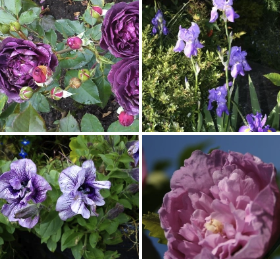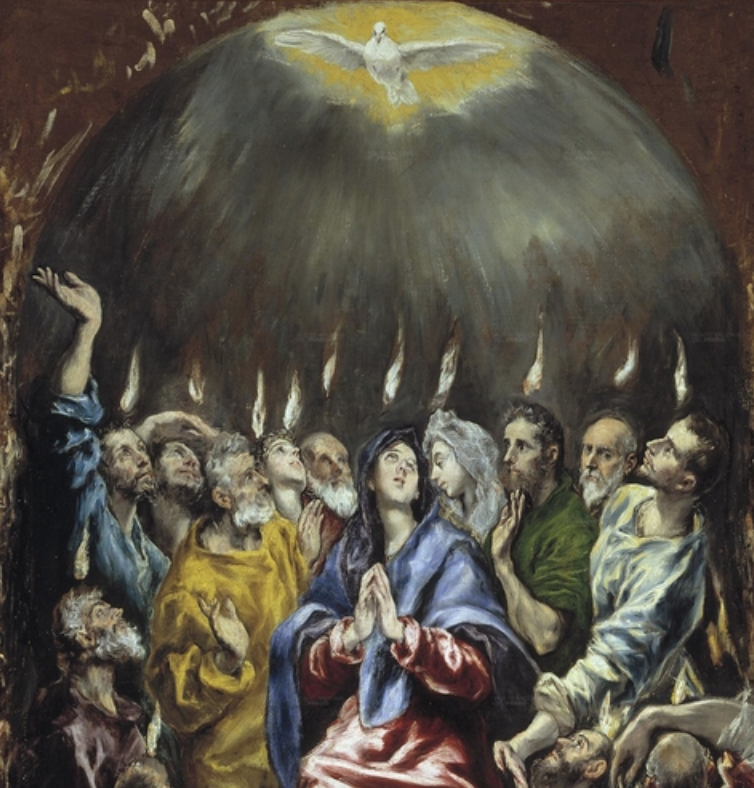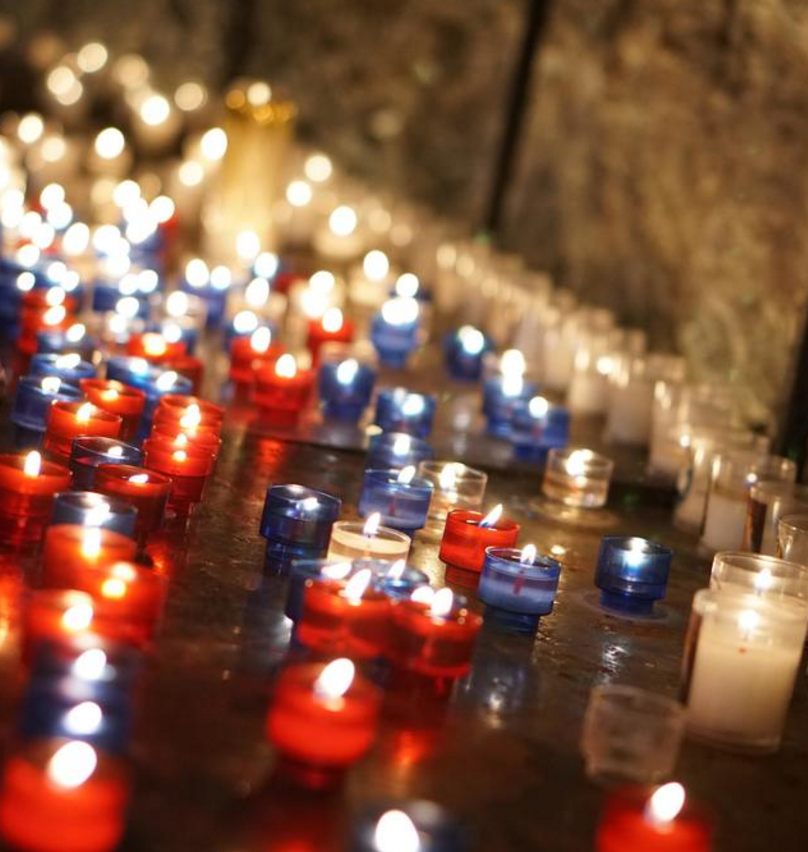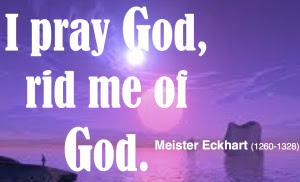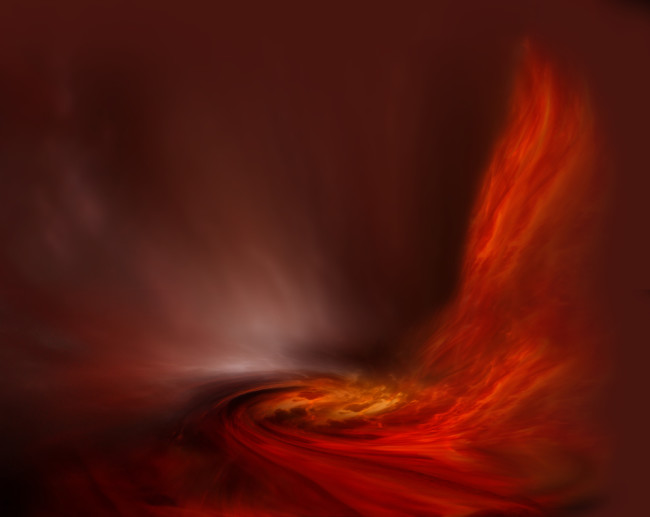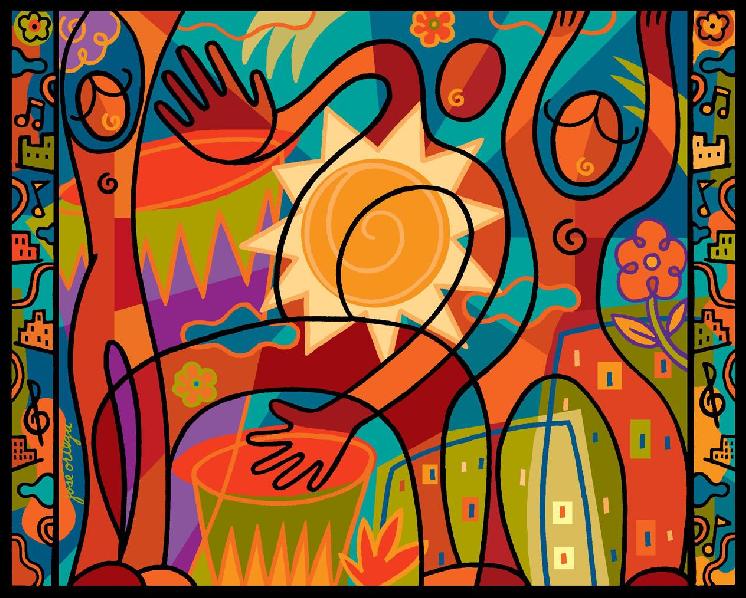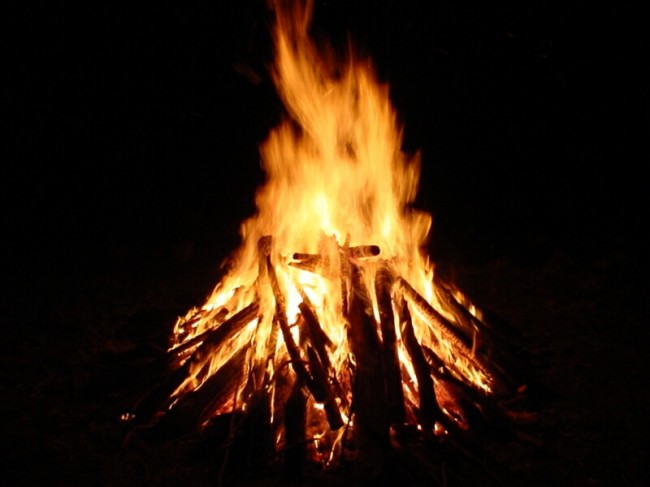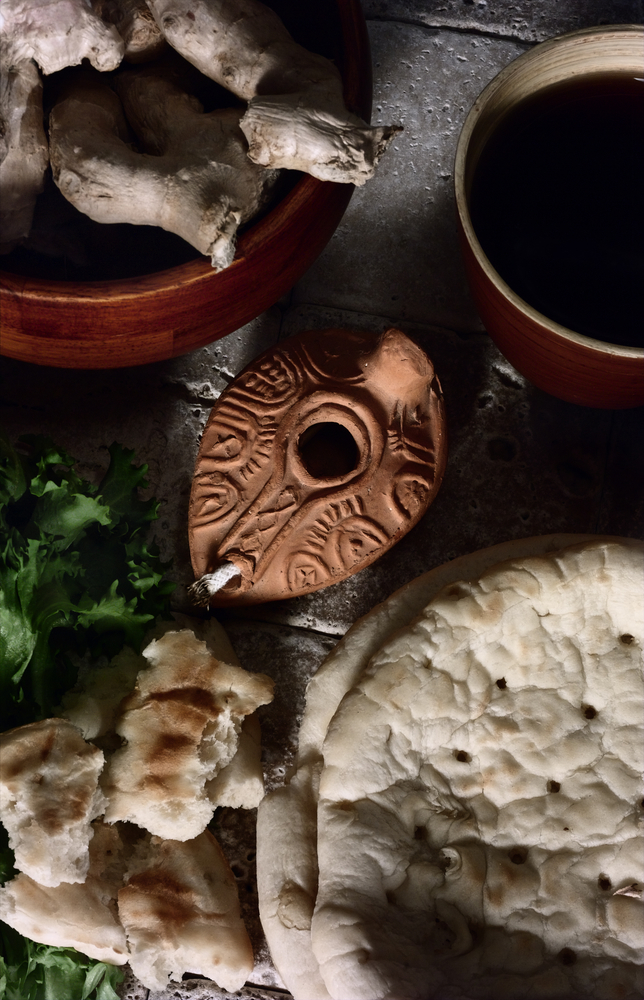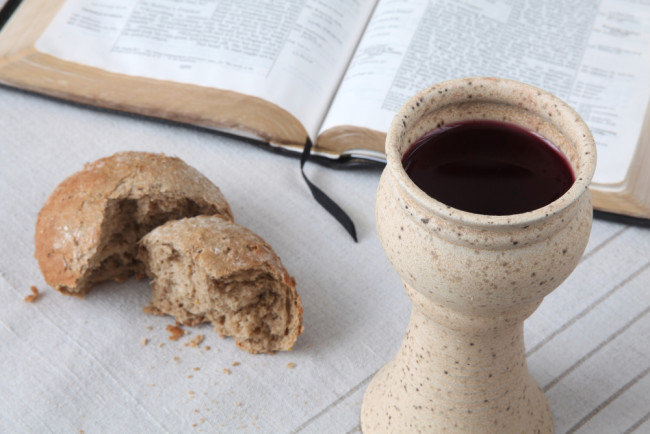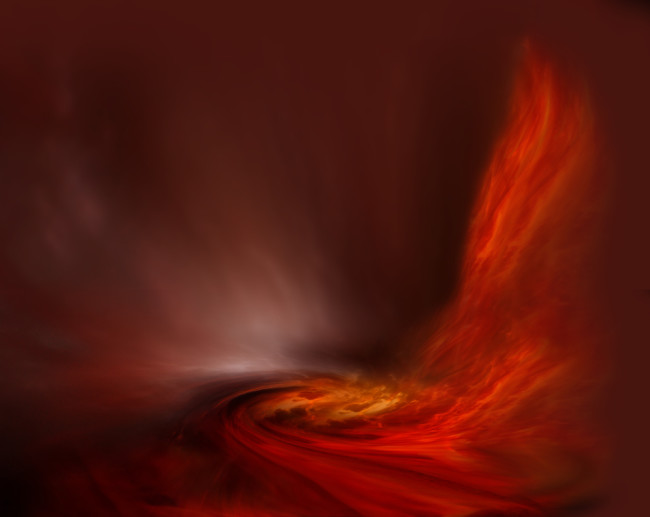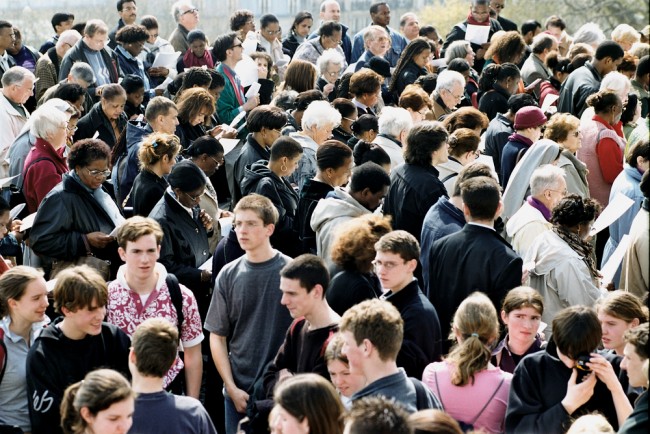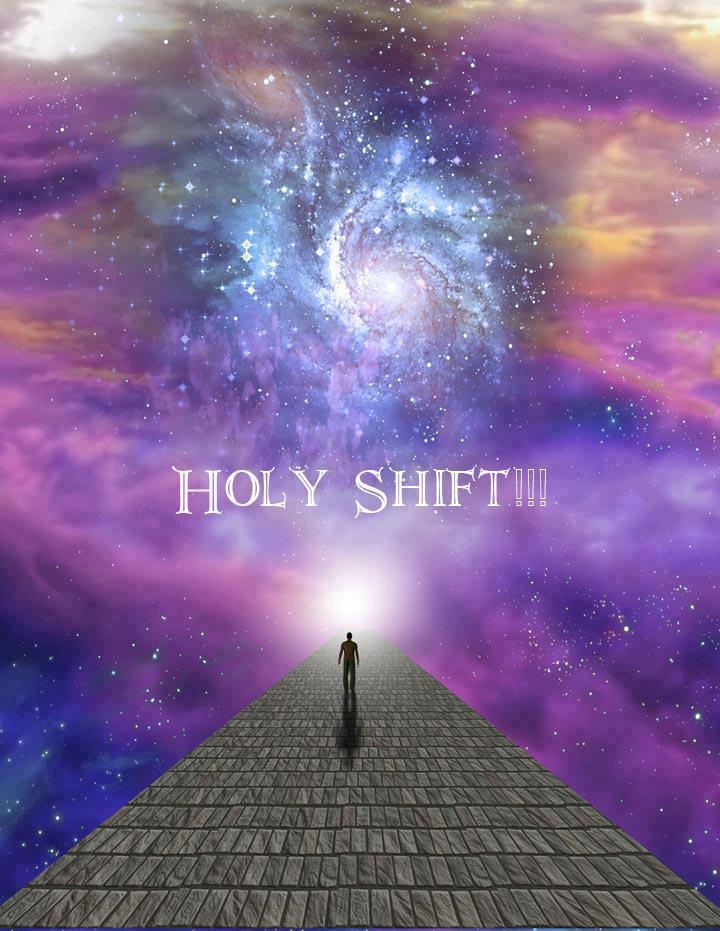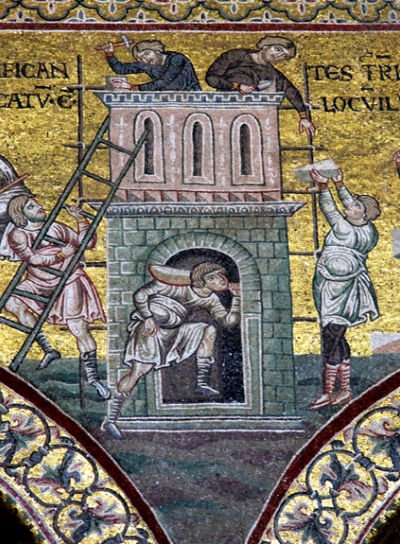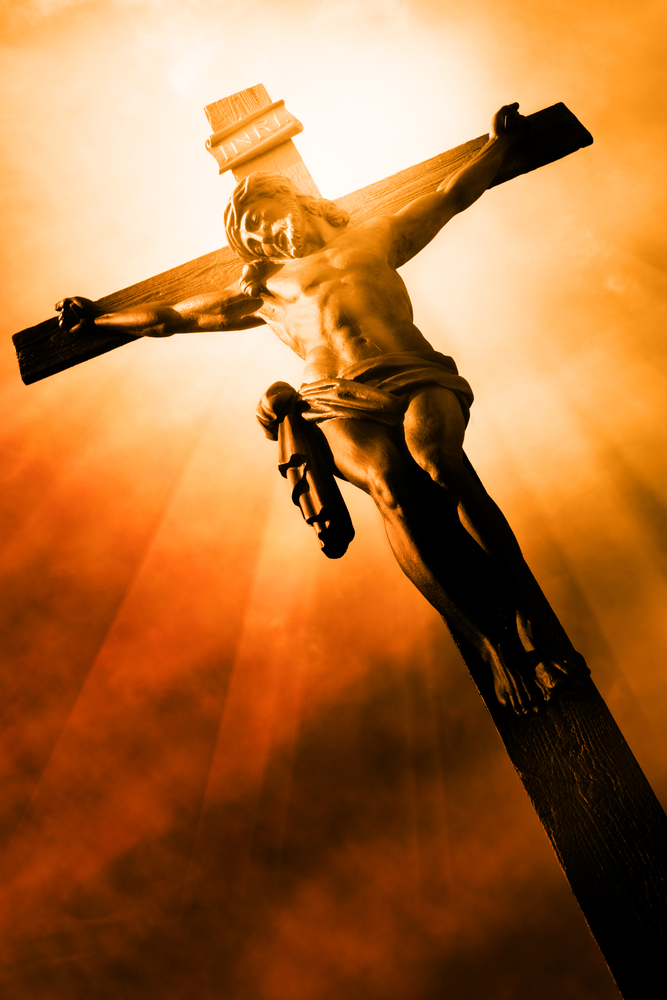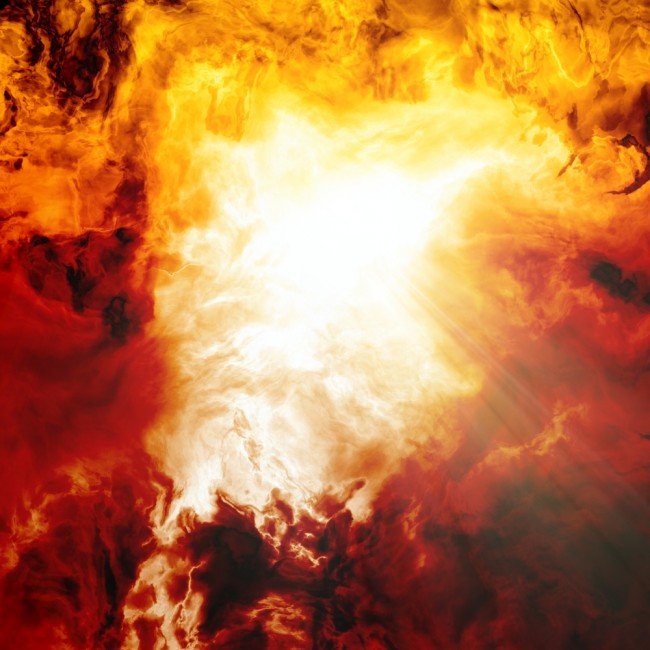Easter, Ascension, and Pentecost do not form three seasons. The Easter season celebrates the three dimensions of the resurrection, ascension, and the sending of the Spirit.
Many of us are aware that Pentecost ranks among our greatest feasts in the liturgical calendar. Still, few Christians, including clergy, comprehend the in-depth meaning of the events of Acts 2: 1-13.
Written by John van de Laar © Sacredise Publishing (Sacredise.com)
I feel like we are being strangled, the life choked from us – disbelief, sorrow, fear, rage. Violence in the streets, jails, and cages at our border, targeting black and brown men, women, and children; a virus stalking us all, turning familiar comforts into threats.
PENTECOST Here's a call to worship, rooted in the Christian past, but open to the global voices, and celebrating an Earth-based liturgy.
This Trinity Sunday sermon owes much to John Shelby Spong’s book a “New Christianity for a New World” You can listen to the sermon here then watch the tail end of the Wolf Blitzer interview mentioned in the sermon.
Pentecost is the birthday of the Church. Birthday celebrations lend themselves to the telling of stories. So, we begin with a parable by the radical theologian Peter Rollins. So, sit back and try to imagine that you live not at the beginning of the 21st century but at the middle of the 21st century; say about 2050. The world has changed quite a bit.
Humanity is not inherently evil, or sinful, or broken. Creation has been groaning for billions of years so that we might evolve. Creation continues to groan as we continue to evolve into all that we can be.
From the Festive Worship collection
THEME The Festival of Empowerment THOUGHTS FOR REFLECTION 1. The fire from above like the image of the halo or aura is an outward manifestation that springs from the strangely warmed heart, the heart that has experienced Christ's liberation.
We praise you, God, with rousing song, we answer at your call Your Word creates the universe, We praise you, God of all Your Word creates the universe, We praise you, God of all
From the Boundless Life collection
Spirit of all freedom, Mystery unconfined, Breaking bondage, Freeing mind, Life-force we embrace.
When prayers in Jesus’s name go unanswered, and when unrelenting “knocking on heaven’s door” produces no result – even when bargains are offered (“I’ll stop smoking”) – instead of confronting the possibility that God is not going to intervene, the failure is treated as a “test of faith” that “God has a better plan for me.” But the transformation of human thought is far more powerful than petitions to a discredited god. At Pentecost, the Holy Spirit, first given by John’s Jesus, descends in tongues of flames on the Christian community gathered in Jerusalem. They are empowered to tell the story of Jesus in every language of the known world. Peter quotes the prophet Joel, that everyone who calls on the name of the Lord shall be saved. Paul proclaims, “For in the one Spirit we were all baptized into one body – Jews or Greeks, slaves or free – and we were all made to drink of one Spirit.” The imagery of fire represents the outpouring of the presence of sacred being and of creative power. No magic is required.
In John’s Gospel, Jesus says to his disciples, “I will do whatever you ask in my name, so that the Father may be glorified in the Son. If in my name you ask me for anything, I will do it” (John 14:13-14). I’m sure most reading this recognize that this is not some universal blanket promise. So we have to ask, “On what level is this true?” Or, “Is it true on any level?”
For deeper love we spread the bread I won’t be full till all are fed Till every soul has home and bed The rest of us can’t move ahead
Presider: God be with you People: And also with you Presider: Open your hearts People: We open our hearts to God
Tune: How Great Thou Art
Long years ago the promised Holy Spirit With wind and flame, in resurrection might Inspired true love, compassion rich within it, And now as then rekindles vision’s light.
The kingdom of God is like the leader of a mainline religious institution who needed to hire new clergy to minister to his congregations.
The de facto how-to manual of the international Food Not Bombs movement, which provides free food to the homeless and hungry and has branches in countries on every continent except Antarctica, this book describes at length how to set up and operate a Food Not Bombs chapter. The guide considers every aspect of the operation, from food collection and distribution to fund-raising, consensus decision making, and what to do when the police arrive. It contains detailed information on setting up a kitchen and cooking for large groups as well as a variety of delicious recipes. Accompanying numerous photographs is a lengthy section on the history of Food Not Bombs, with stories of the jailing and murder of activists, as well as premade handbills and flyers ready for photocopying.
Food for Life draws on L. Shannon Jung's gifts as theologian, ethicist, pastor, and eater extraordinaire. In this deeply thoughtful but very lively book, he encourages us to see our humdrum habits of eating and drinking as a spiritual practice that can renew and transform us and our world. In a fascinating sequence that takes us from the personal to the global, Jung establishes the religious meaning of eating and shows how it dictates a healthy order of eating. He exposes Christians' complicity in the face of widespread eating disorders we experience personally, culturally, and globally, and he argues that these disorders can be reversed through faith, Christian practices, attention to habitual activities like cooking and gardening, the church's ministry, and transforming our cultural policies about food.
Creator God of many names, Give us your widest view; We seek your Spirit none can tame, Your visions bright and new.
Leader: The presence of God is surely in this place. People: The presence of God is everywhere.
Sung to the traditional tune
Praise God whose breath fills all the earth Whose love reveals our sacred worth
The Year of Luke is the first in a series of commentaries on biblical scripture found in the three-year cycle of Christian liturgical
To me, one of the most problematic, psychologically damaging things about Evangelical theology is the focus on salvation... what constitutes it, how it is obtained and held onto, etc.
So in a round-about way, Gamaliel, as quoted by Luke, is giving us a powerful clue about what kind of literature the Gospels are — a unique mix of a few core historical events with lots of theological overlay, all blended with a good dose of the kinds of stories of miraculous signs that we know were common and sometimes persuasive in that day. And not surprisingly…. They still are today!
Giving Voice to Intolerance in an Age of Pluralism
The back story to the Tower of Babel myth is that the orignial plans called for anything but babble. But where once humankind may have all spoken the same language with one unifying plan to build a place all could dwell and abide one another, it has long since ever been the case. “We live in a pluri-verse, not a uni-verse,” says Raimon Panikkar. Ours is a pluralistic age in which we have many different and opposing – even sometimes mutually incompatible -- worldviews that threaten planetary human coexistence. In the midst of such chaos and confusion, how can we tolerate each other’s differences? Or, some might ask, should we even try? I consider myself a very tolerant person! The only people I cannot abide are ignorant and intolerant bigots! Does that make me intolerant as well, or merely principled? What would constitute a forbearance of principled intolerance, with a leniency of spirit? Here's John Bennison's latest Commentary from Words and Ways.
I've titled this as about the Resurrection, which is just one part of a complex of beliefs... but let's return and end there... What similarities or differences do you see in Paul's Resurrection statements and beliefs and those of the early Jerusalem Jesus-followers?
found at SpiritualityandPractice.com
Begin your meal by holding hands and saying to the person on your right: "You are the temple of God and the Holy Spirit dwells within you."
May the God you see in all the colors of creation arouse in you a sense of awe and wonder.
A new hymn from John Schimminger of St. John's-Grace Episcopal Church, Buffalo NY

